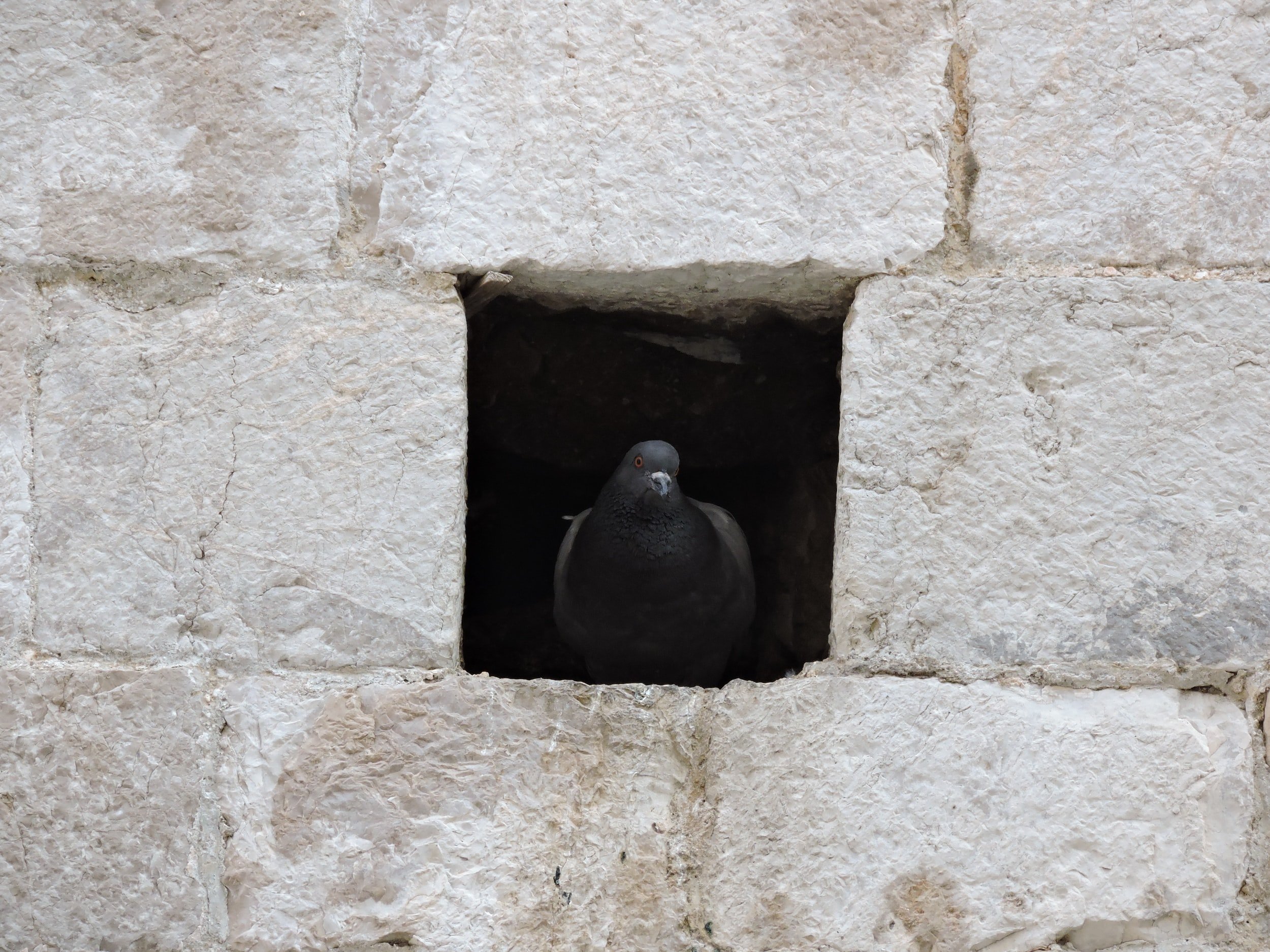African Americans and “Big God” Theology
A few Sundays ago I participated in one of the most memorable worship services of my life. Pastor Mike Campbell of Redeemer Church in Jackson, MS preached a biblically sound and passionate sermon on Titus 2:11-14 to a mixed congregation of hundreds of White and Black believers in a visible demonstration of what he called “Big God” theology.
Pastor Mike told of his journey into Reformed theology and explained that what attracted him to it was how it gave him a more glorious picture of God. I find that this phrase–Big God theology–encapsulates the essence of Reformed theology and why the African American community needs it.
I am black and Reformed, part of a small but growing number of African Americans who are finding the Big God of the Bible through this theology. To be clear, Reformed theology is not the Gospel. God is God and no theological system can fully encompass or ever replace the Almighty. Yet Reformed is still a useful banner that captures essential teachings of Christianity that are carefully derived from the Bible.
Unfortunately, Reformed theology often gets reduced to its views on salvation. Big God theology says that God is the King of the universe and as part of His royal power He determines–yes pre-determines–who will be judged according to their own works and who–by grace through faith–will be judged according to Christ’s work. Numerous biblical passages point to this reality (Rom. 8:29-30, Acts 13:48, Eph. 1:4-5), but there is more to Big God theology than that.
What attracted me to Reformed theology is the centrality of God. I went to a Catholic school for my undergraduate degree, but I was never a Catholic. Although I had been an active leader in my Baptist high school youth group, college was the first time I ever had to explain my Protestant beliefs. I remember reading books by John Piper and R.C. Sproul and I was taken by the fact that God was at the center of their theology. God was the sun in their theological solar system and all other aspects of life revolved around His gravitational pull. To date, I have found no other comprehensive articulation of doctrine, outside of the Bible, that gives me the same sense of God’s bigness that Reformed theology does.
I have spent years attending Black churches and have witnessed the harm that ensues from mishandling the Word of Truth. Many Black churches have wandered far astray from the sound teaching of the Bible, but we do well to remember that there are reasons for this.
The colleges, universities, and seminaries that had the most helpful tools for accurately understanding the Bible were not open to Blacks in the past. The leaders of these institutions were steeped in the prevailing ideas of race and culture in their day, and many of them failed to apply Big God theology to their admissions practices.
The only schools to which African Americans had access failed to honor the authority of the Bible in the same way that Reformed theology does. The result was an infiltration of man-centered ideas like legalism and prosperity theology into the pulpits and pews of Black churches. The damage is evident as individuals in African American communities stumble and sometimes run toward sin and folly.
I lived and worked as an educator in the Mississippi Delta for seven years. The Black community there is bruised by generational poverty, lack of education, poor health care, single parent homes, apathetic men, and nearly every other social ill that exists. Yet the norm for my students and their families was to attend church.
As I daily encountered the fruits of these dysfunctions I asked myself, “Where is the Gospel transformation?” I wondered if there were others out there like me. Those who had grown up with a picture of the Gospel but who could also experience the new surge of love for God and neighbor that I had experienced when I learned of Big God theology.
I do not advocate any form of theological imperialism–indeed Reformed theology has much to learn from the Black church tradition–it is a two-way exchange. My passion is simply to see African Americans communities reshaped by a bigger vision of God.
Only the fully-orbed, God-centered Gospel of the Bible has the power to renew individuals and whole communities. It is Reformed theology that helps us understand that the Gospel is all about a God who is vaster than we can possibly grasp and more personal than we ever realized.
My hope and prayer is that more African Americans would awaken to the reality of a Big God who cared enough to save sinners like us and who wants to have a relationship with us now and for eternity.
For this reason, I have been privileged to work with my seminary–RTS Jackson–to launch the African American Leadership Initiative (AALI) that includes a scholarship and mentoring in African American, multi-ethnic, and urban ministry. Several Reformed organizations also just partnered to host the African American Leadership Development and Recruitment weekend (AALDR) that brought together experienced ministers and Black seminary students to communicate that there’s room in Big God theology for people of all races. I also co-founded the Reformed African American Network (RAAN) on Facebook and Twitter which brings together Reformed thinkers–black and white, male and female, denominations and networks–to post blogs from a Reformed and African American perspective.
No system of doctrines is perfect and Reformed theology is no exception. Those who call themselves Reformed must be willing to accept the criticisms–some valid, others not–that go along with the label. Yet for all of its shortcomings, Reformed theology does provide an accessible route, through the power of the Holy Spirit, for men and women to be captivated by as true a picture of God as we can get through Scripture. Many segments of the African American community live in the grip of big problems and only a “Big God” theology is sufficient to them see Christ as their Savior.
More about Jemar Tisby
Jemar Tisby was born and raised near Chicago, IL. He received a Bachelor of Arts degree from the University of Notre Dame and is now pursuing a Masters in Divinity at Reformed Theological Seminary in Jackson. He currently works in the Admissions of Office of RTS and will soon begin an internship with Redeemer Church Jackson. Upon completion of his degree, Jemar seeks to become a full-time ordained pastor. His wife is Janee’ and they have a two year old son, Jack.
RELATED CONTENT










What I am about to write is more like a note to a friend than it is a fully developed article or post. I wanted to quickly highlight something I saw in a New York Timesarticle about the lady in a Jim Crow photo…